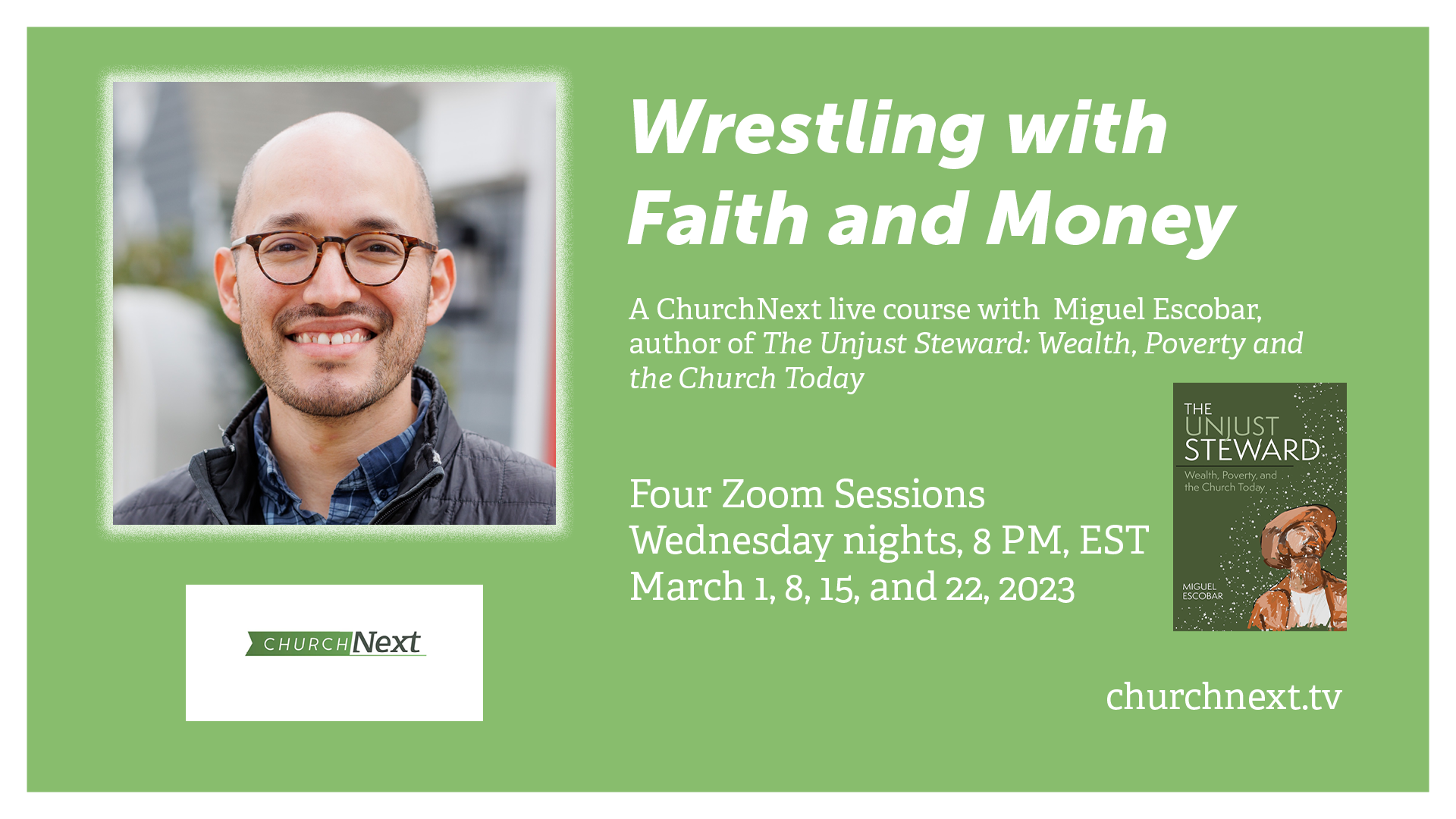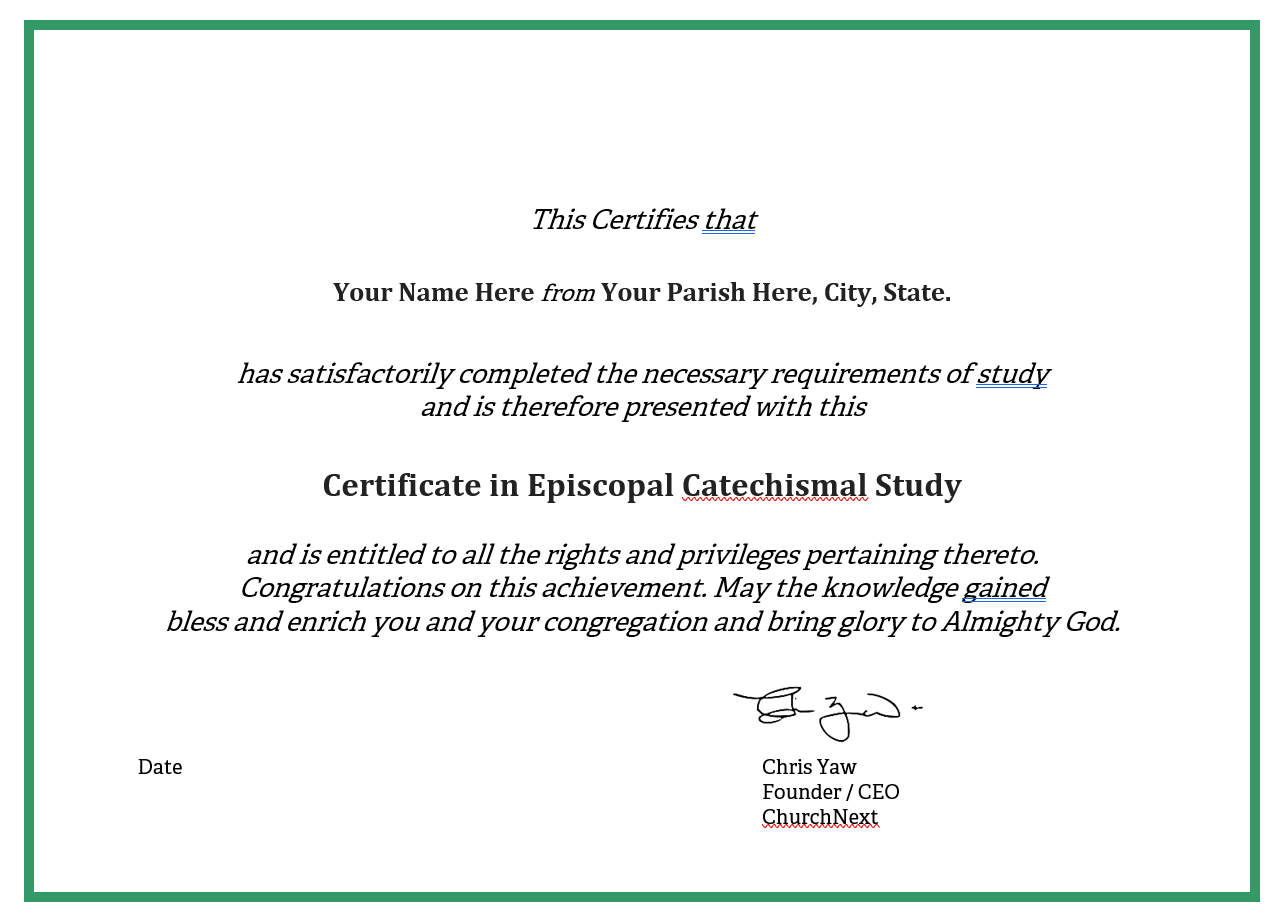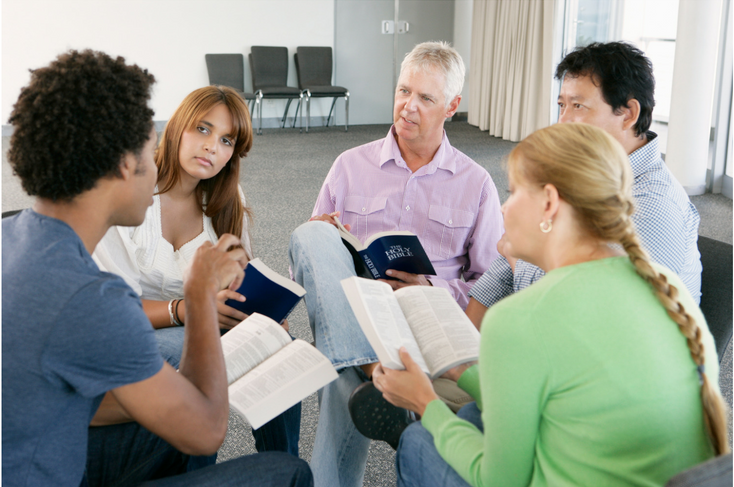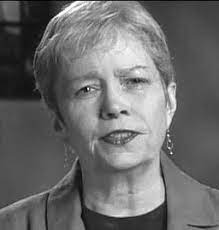 We just launched The Book of Exodus Long-Form Class with Vicki Garvey, Part 1 For Individuals and For Groups. A long-form class is, well, longer than our usual pre-recorded classes. The videos take longer to watch, and we include more discussion questions and other materials. The For Individuals course should take an average of two hours instead of forty-five minutes to take. The extra time allows us to take a more deep dive into the material than we can manage in a shorter class.
We just launched The Book of Exodus Long-Form Class with Vicki Garvey, Part 1 For Individuals and For Groups. A long-form class is, well, longer than our usual pre-recorded classes. The videos take longer to watch, and we include more discussion questions and other materials. The For Individuals course should take an average of two hours instead of forty-five minutes to take. The extra time allows us to take a more deep dive into the material than we can manage in a shorter class.
This is the first of four long-form courses on Exodus we will be offering with Vicki Garvey. This one offers an overview of Exodus as a whole. The other three focus on specific sections within Exodus.
The Book of Exodus is so long and so pivotal that most of us are familiar with the basics. The children of Israel start out as slaves in Egypt, but the God of Abraham has never left them. Moses leads them out of slavery across the Red Sea. They wander in the desert for forty years before entering Canaan. Somewhere in there, Moses receives the Ten Commandments on Mt. Sinai.
But even those basics aren’t correct in their details. The children of Israel start Exodus as wealthy and important people. (Their status doesn’t last long, but that’s how they start.) After they have been slaves for several hundred years, they have no idea who the God of Abraham is — to the point where God has to literally identify Godself and explain who God is to them. Then Moses (a very reluctant leader) leads the people (very reluctant followers) across the Sea of Reeds into the wilderness for the second act of the book, the entirety of which is devoted to transformation. It’s the process by which a bunch of people who were once defined as a subclass of Egyptian slaves are recreated into a community defined by its devotion to the God of Abraham.

Scripture describes the tablets on which the Ten Commandments were written as being inscribed on both sides, not just one (or possibly written so that they words went through the tablets, see Exodus 32:15). It doesn’t mention their being rounded at the top, even though that’s the image of the Ten Commandments we have held for centuries, and it never mentions their being joined together. Most of how we portray them comes from Christian tradition rather than scripture.
What we think we know about Exodus often differs from what is written in the book itself.
In this class, renowned scholar and teacher of scripture Vicki Garvey begins a series of four long-form courses examining the Book of Exodus. This course offers an introduction to some important aspects of Exodus as a whole. The next three courses examine specific sections of Exodus in detail.
In her first lecture in Part 1, Vicki offers an overview about the date, authorship, and structure of the Book of Exodus. In her second lecture, she examines the major characters in Exodus and the journeys they take over the course of the book. In her third lecture, she discusses the Book of Exodus in the wider context of scripture. In the final lecture, Vicki examines major themes and terminology in the Book of Exodus.
This course is ideal for anyone interested in learning more about a book of the Bible that, even more than many others, has influenced Christian thought. For a course preview, please click below.

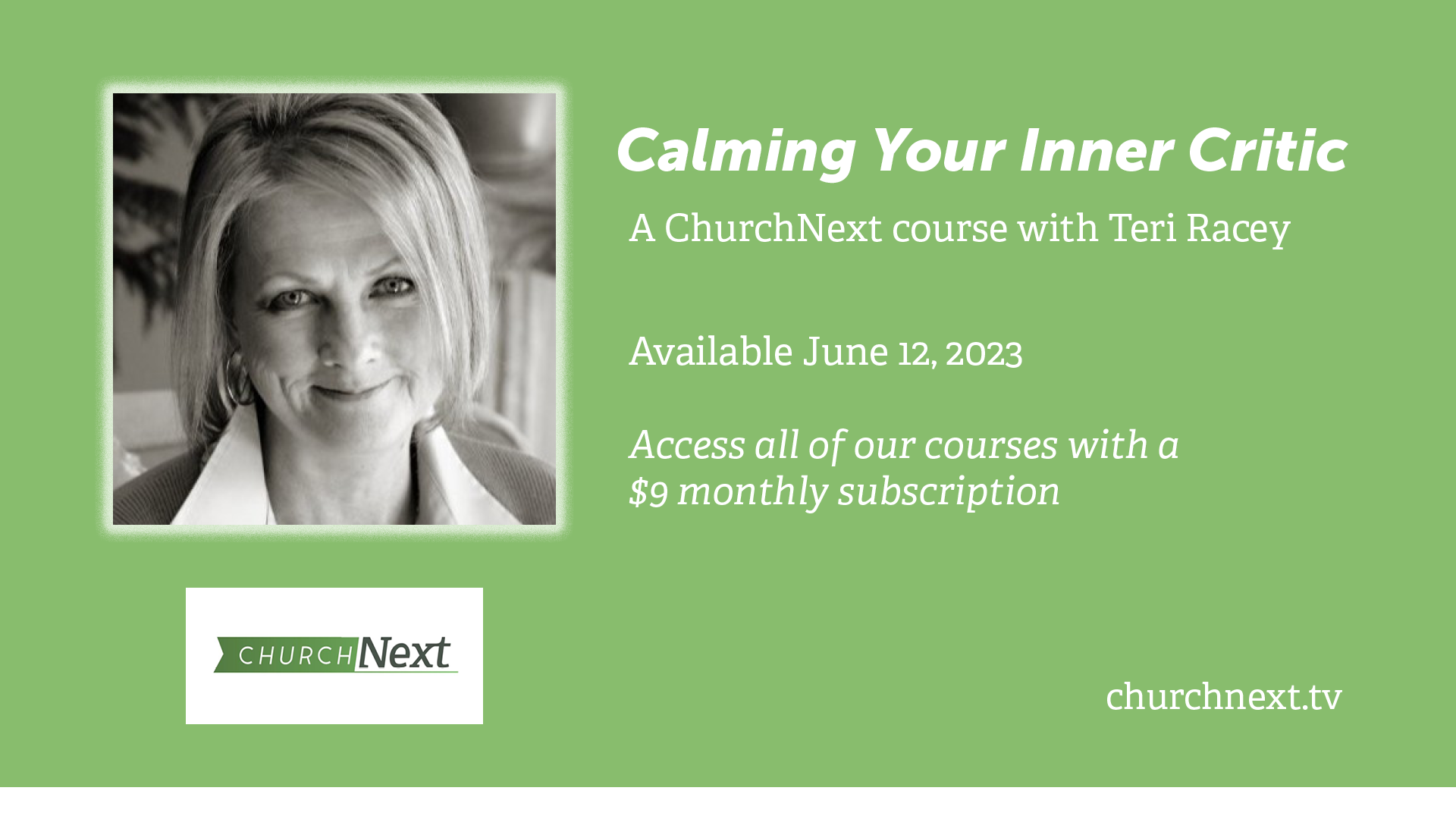
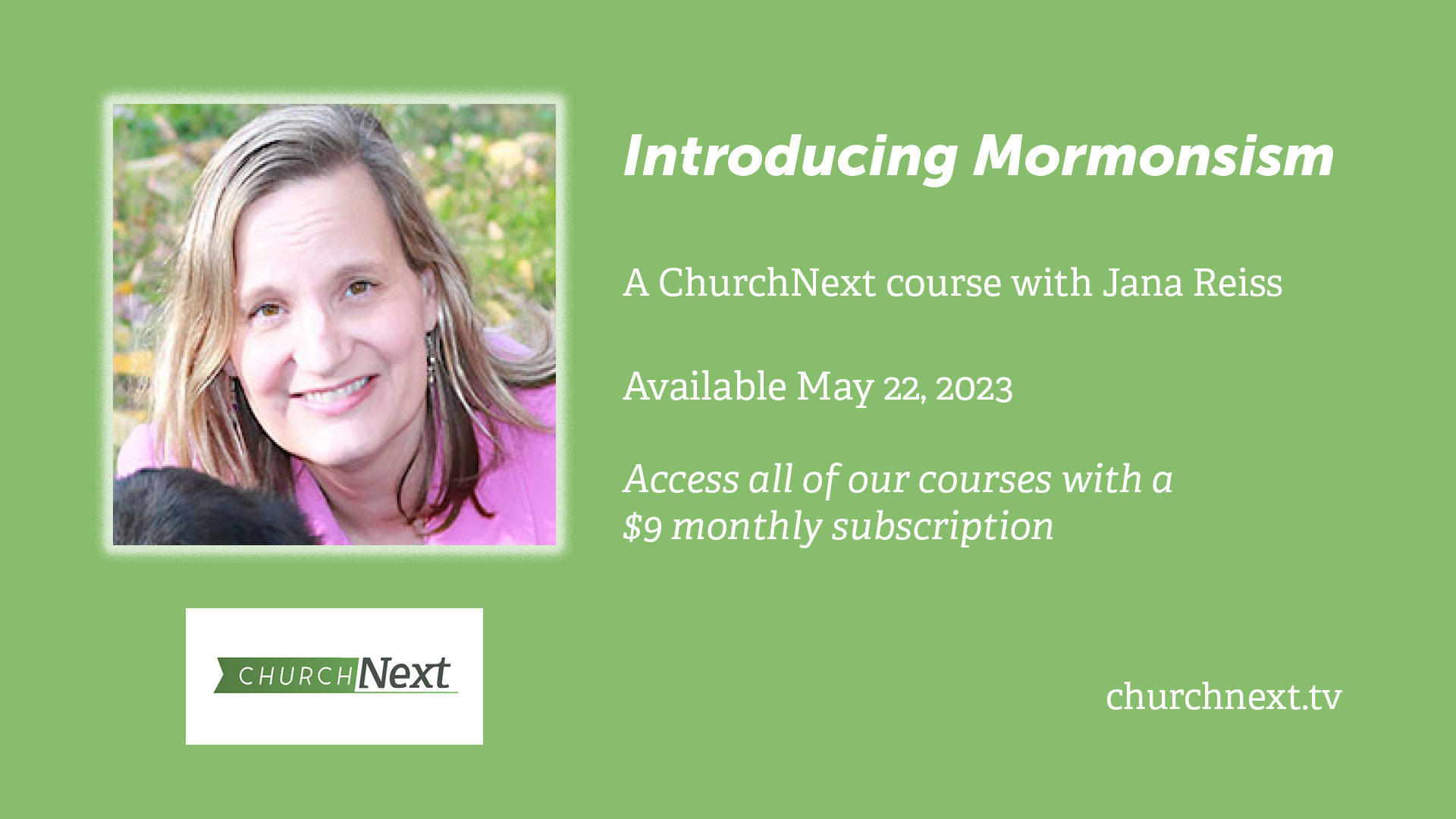 We just launched
We just launched  We just launched
We just launched 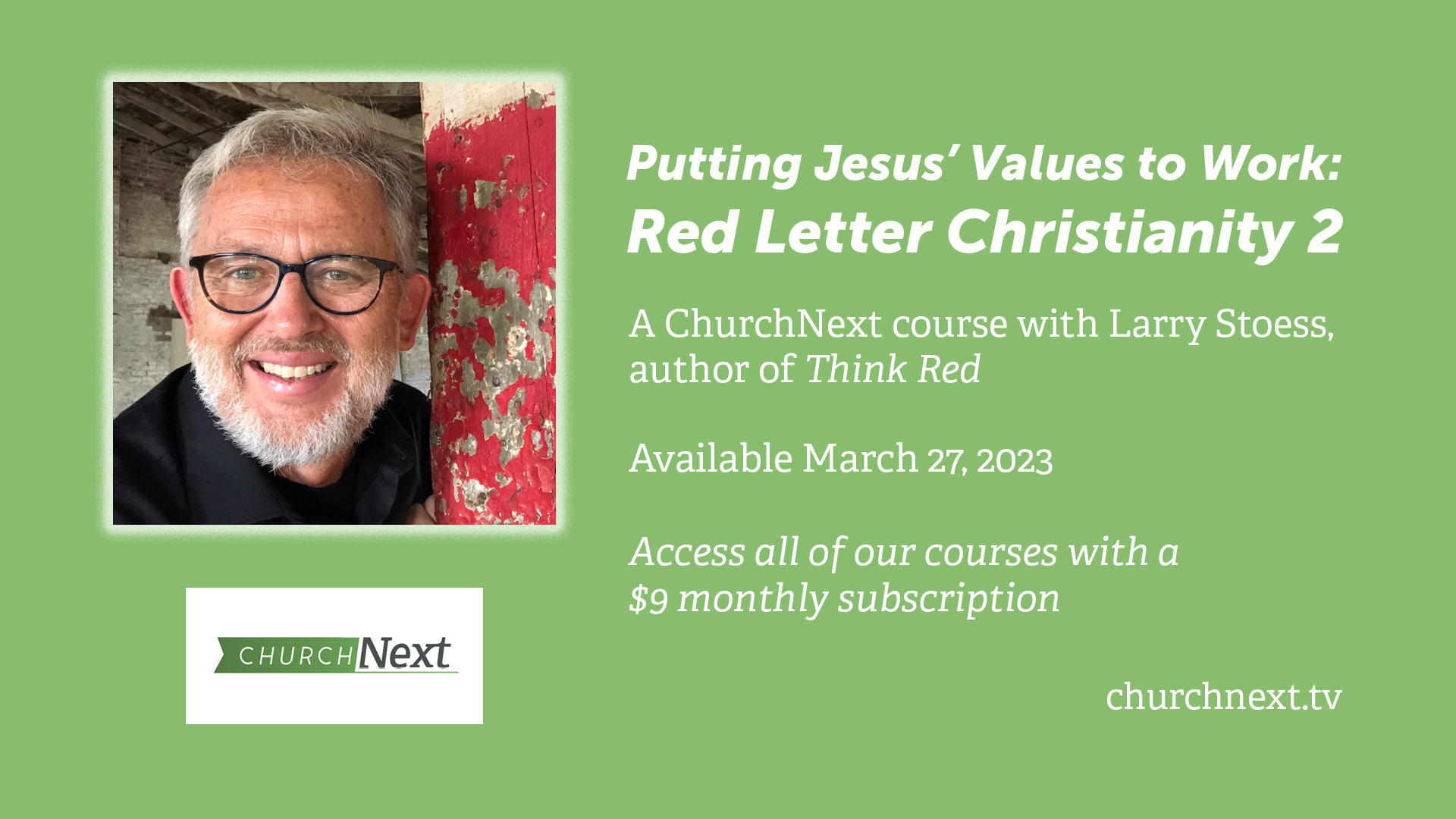
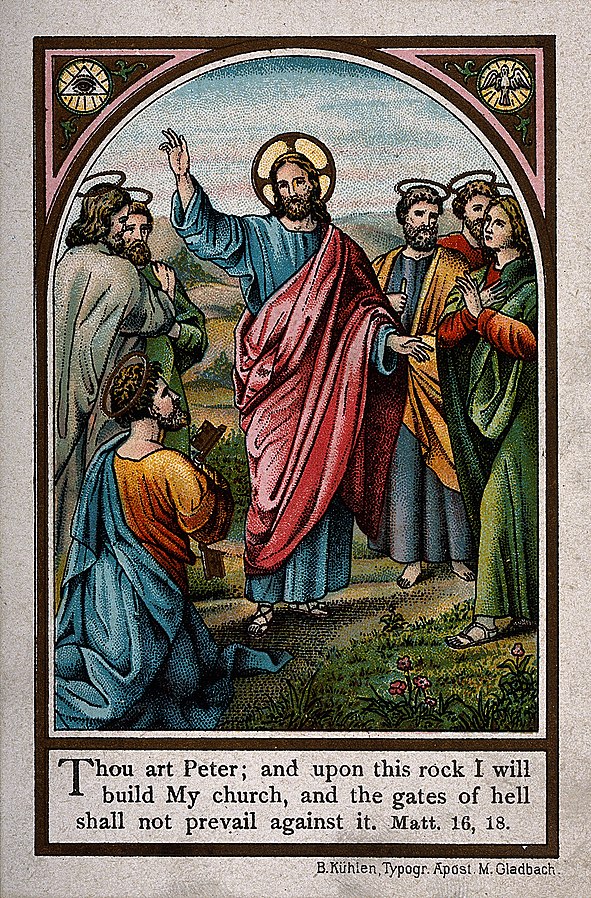
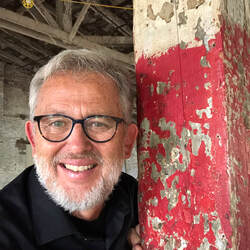
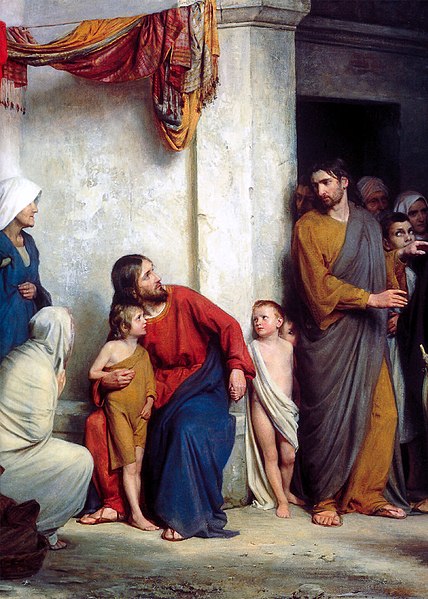
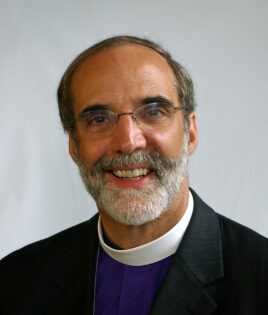
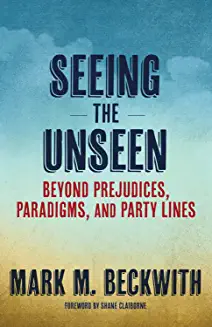 In this course, retired bishop, author, and activist Mark Beckwith talks about ways to interact people whose humanity we tend to overlook. In the first lesson, he discusses interacting with people at a soup kitchen near his work and what it meant to really see them as humans equal in wisdom and experience to him. In the second lesson, he examines what this approach looks like in the context of mission work. In the third lesson, he talks about creates space for civil, respectful discourse with people whose beliefs differ from our own. In the fourth lesson, he uses gun safety as an example of how the civil discourse he teaches can play out in the real world.
In this course, retired bishop, author, and activist Mark Beckwith talks about ways to interact people whose humanity we tend to overlook. In the first lesson, he discusses interacting with people at a soup kitchen near his work and what it meant to really see them as humans equal in wisdom and experience to him. In the second lesson, he examines what this approach looks like in the context of mission work. In the third lesson, he talks about creates space for civil, respectful discourse with people whose beliefs differ from our own. In the fourth lesson, he uses gun safety as an example of how the civil discourse he teaches can play out in the real world.